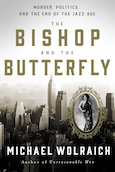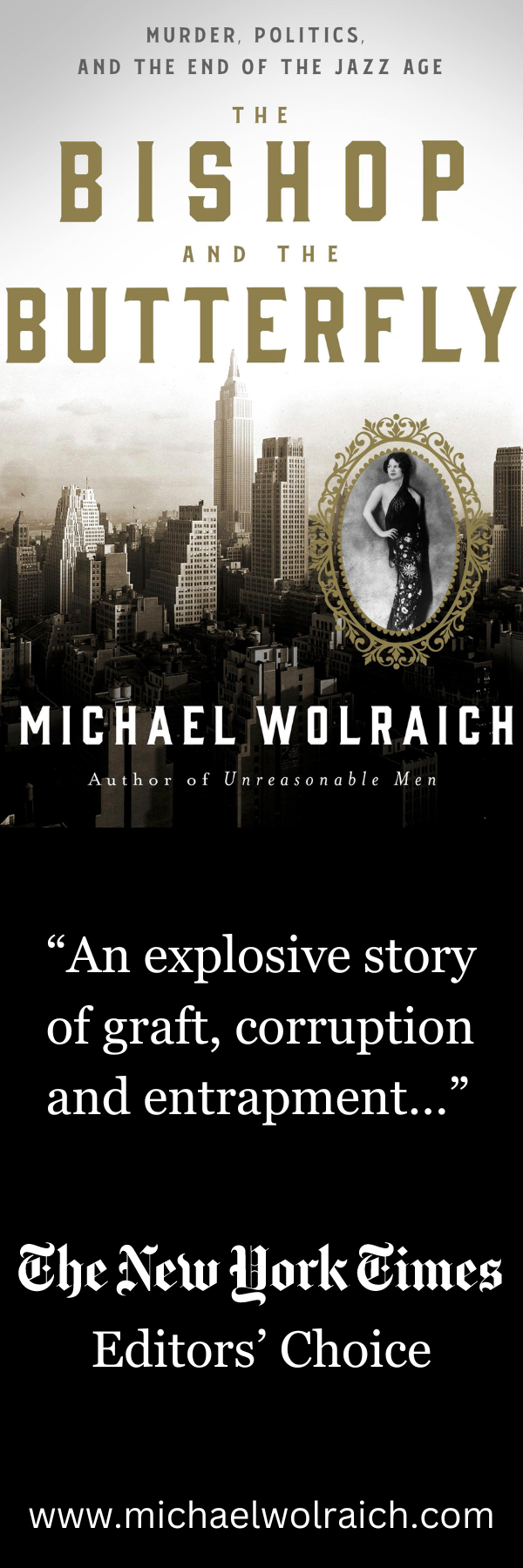A brave band of scholars set out to save us from racism and sexism. What happened?
By Louis Menand @ NewYorker.com, Aug. 19 (for Aug. 26 print issue; online now with audio version available)
Not that long ago, Margaret Mead was one of the most widely known intellectuals in America. Her first book, “Coming of Age in Samoa,” published in 1928, when she was twenty-six, was a best-seller, and for the next fifty years she was a progressive voice in national debates about everything from sex and gender to nuclear policy, the environment, and the legalization of marijuana. (She was in favor—and this was in 1969.) She had a monthly column in Redbook that ran for sixteen years and was read by millions. She advised government agencies, testified before Congress, and lectured on all kinds of subjects to all kinds of audiences. She was Johnny Carson’s guest on the “Tonight Show.” Time called her “Mother to the World.” In 1979, the year after she died, President Jimmy Carter awarded her the Medal of Freedom.
Today, Margaret Mead lives on as an “icon”—meaning that people might recognize the name, and are not surprised to see her face on a postage stamp (as it once was), but they couldn’t tell you what she wrote or said. If pressed, they would probably guess that Mead was an important figure for the women’s movement. They would be confusing Mead’s significance as a role model (huge as that undoubtedly was) with Mead’s views. Mead was not a modern feminist, and Betty Friedan devoted a full chapter of “The Feminine Mystique” to an attack on her work. Mead mattered for other reasons. One of the aims of Charles King’s “Gods of the Upper Air” (Doubleday) is to remind us what those were [....]



